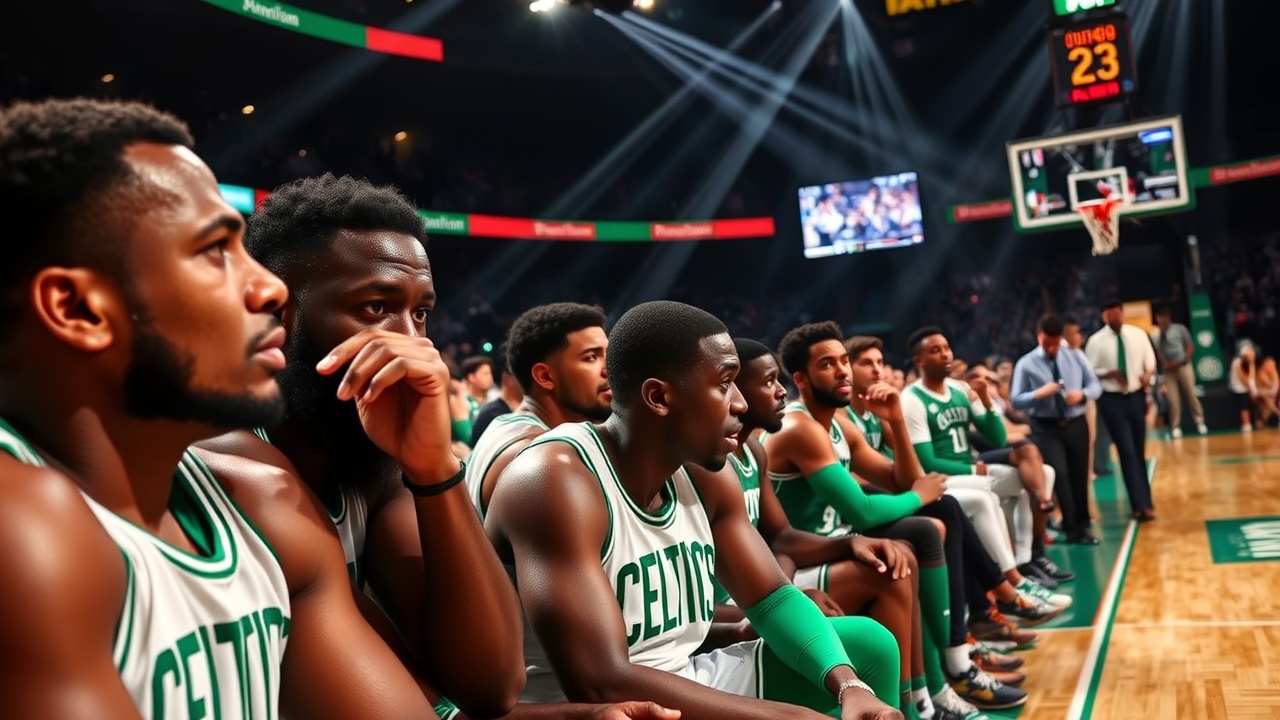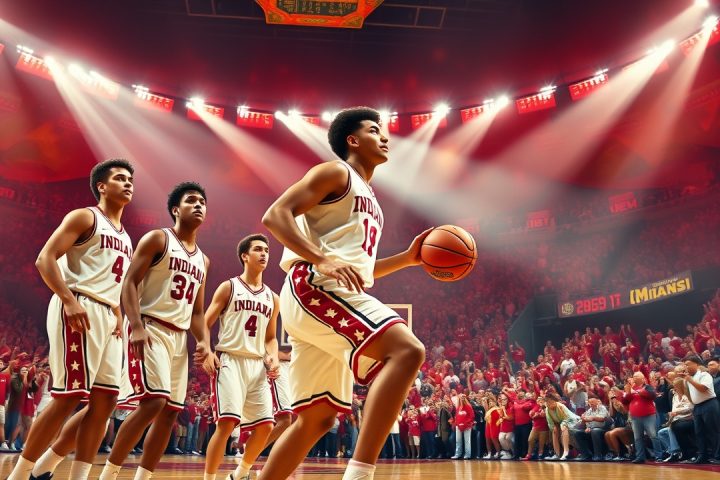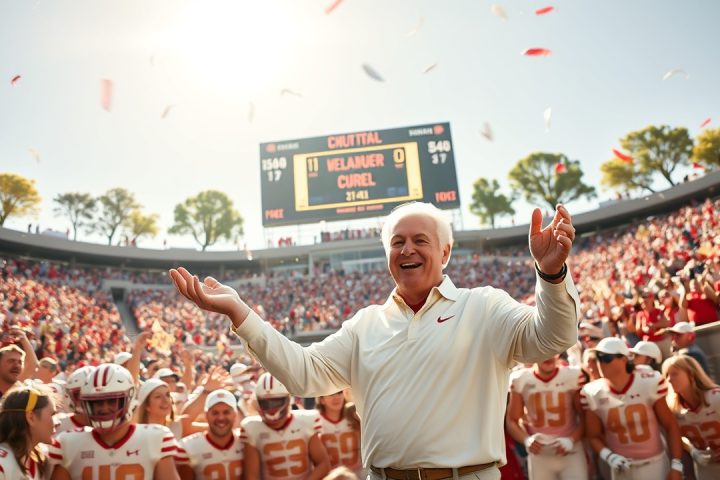The Boston Celtics’ Current Challenges
The Boston Celtics now find themselves grappling with significant challenges following Jayson Tatum’s devastating Achilles injury, which has removed their star player from the lineup for an indeterminate period. This incident echoes the aftermath of Kevin Durant’s Achilles tear during the 2019 NBA Finals, from which he reported a lengthy recovery period, suggesting that Tatum may be sidelined for at least a season. With the Celtics currently positioned as reigning champions, the absence of their pivotal player forces them to rethink their strategy and roster configuration moving forward.
Financial Implications and Roster Decisions
The implications for Boston’s team construction are particularly pressing as they prepare for a financially burdensome 2025-26 season under the new collective bargaining agreement. The regulations impose stricter penalties on teams exceeding the luxury tax, meaning that the Celtics are already $22.8 million over the anticipated second-apron threshold of $207.8 million, even before factoring in free agency movements.
“Celtics president Brad Stevens faces a daunting task in maintaining competitiveness while also planning for Tatum’s eventual return, which may not see him at full strength until as late as 2027.”
As they evaluate their roster, crucial decisions regarding player retention and trades loom large. Tatum’s injury complicates Boston’s immediate future; it allows for a continued push for playoff contention but decreases their status as legitimate championship contenders.
Evaluating Key Players and Upcoming Decisions
Among their financial commitments, the Celtics are locked into $230.6 million in contracts without factoring in potential dealings around Al Horford or other free agents. This precarious position means that trades need to be carefully considered, particularly since the market lacks teams with available cap space, making it difficult to deal players like Jrue Holiday, who is on a hefty contract of $32.4 million next season.
Seasoned guard Jrue Holiday, once a key defensive asset, is now perceived as a candidate for trade due to his recent performance dip, illustrated by his lowest scoring average since his rookie campaign. The Celtics might consider moving him swiftly while there’s still perceived value, but they must weigh the benefits against potential losses from keeping him, especially with concerns that his diminishing returns may hinder their future prospects.
Regarding Kristaps Porziņģis, who offers valuable floor-spacing and rim protection, his injury history raises eyebrows. However, finding a suitable replacement for his skill set could be challenging, given the league’s limited availability of players with his unique attributes. Porziņģis will be an unrestricted free agent next summer, making it crucial for Boston to ascertain his expectations for a new contract while evaluating their long-term financial commitments.
Jaylen Brown presents another conundrum for the team. As a young and dynamic player, trading him could yield enticing offers, but his hefty contract and middling offensive stats this past season raise doubts about his immediate value. If the Celtics find themselves out of title contention, they might be tempted to reconsider their reliance on him, particularly as he ages into his early 30s during the later years of his current contract.
Outlook and Strategic Opportunities
Derrick White, an overlooked yet valuable guard, may be preferable to retain given his shooting proficiency and defensive versatility. His relatively high salary in the context of rapidly rising league salaries may soon become more manageable. Meanwhile, Payton Pritchard and Sam Hauser, both of whom offer specific skills, will likely see increased roles in light of Tatum’s sidelining. Pritchard’s appeal lies in his cost-effectiveness, whereas Hauser’s proven shooting talent offers depth, although he’ll need to show he can step up into a starting role.
As a championship team unexpectedly rocked by Tatum’s injury, the Celtics now face a pivotal offseason. They need to navigate these roster decisions skillfully, ensuring they can rebound quickly when their star returns while managing the financial realities of their new landscape. The moves they make now could reverberate throughout the league for years to come, setting the stage for both immediate and long-term success in Boston.




